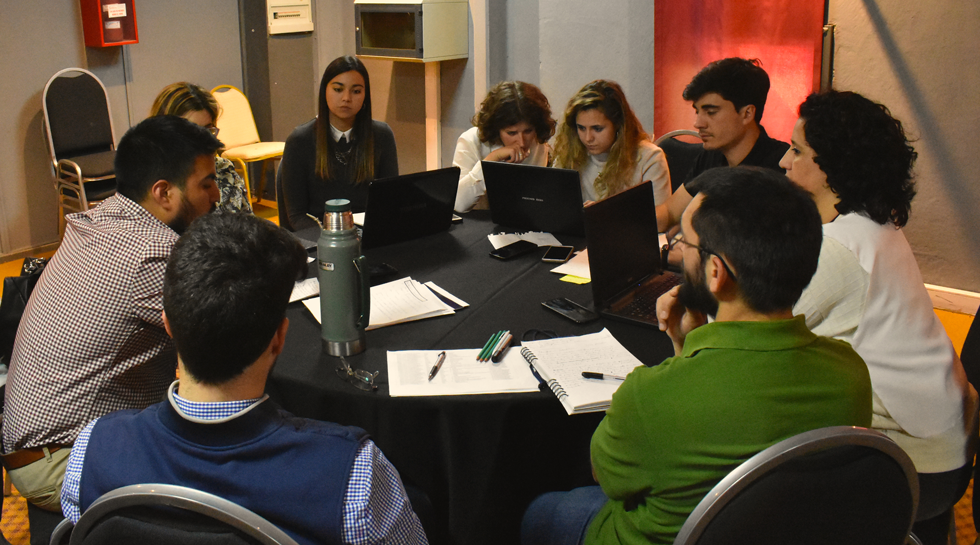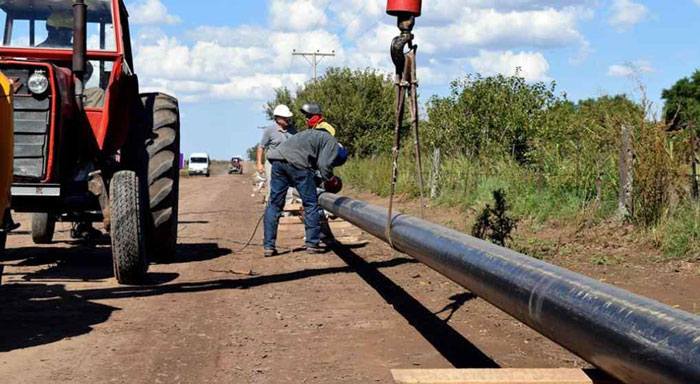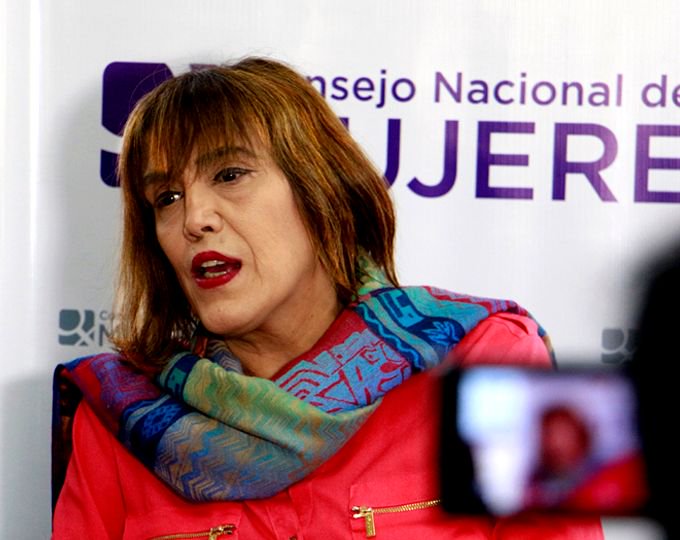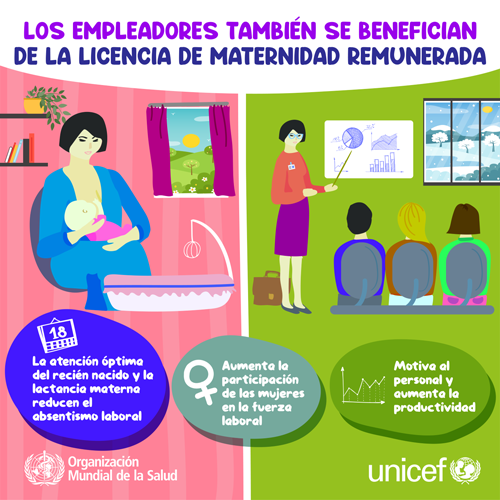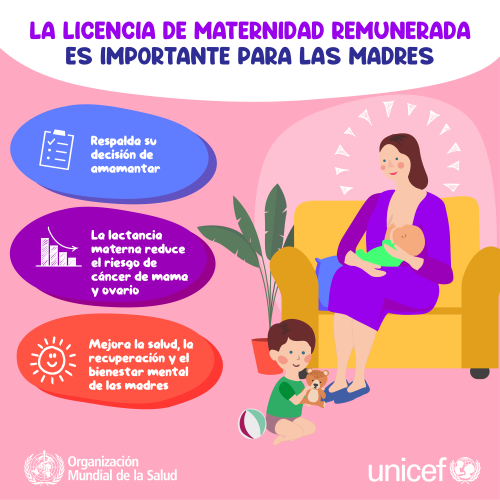Both the Inter-American Development Bank (IDB) and its private arm, the IDB Invest, have recently opened the process for reviewing their environmental and social safeguards policies. It is important that Latin American civil society and, above all, communities affected by the projects financed by these institutions, participate actively in the public consultation process, either by sending virtual comments or by participating in face-to-face consultations that will be held in different cities of the region. Here, 5 key points to consider about the review processes.
“Below, we offer a google translate version of the original article in Spanish. This translation may not be accurate but serves as a general presentation of the article. For more accurate information, please switch to the Spanish version of the website. In addition, feel free to directly contact in English the person mentioned at the bottom of this article with regards to this topic”.
Why is the review given?
Following the recommendation made by the IDB Office of Evaluation and Supervision (OVE) in its Evaluation of Environmental and Social Safeguards, the IDB Executive Board approved, on July 2, 2019, the launch of the process to “modernize” its policies environmental and social, which seek to ensure that potentially negative environmental and social impacts are properly evaluated, managed and mitigated in IDB operations. According to the IDB itself: “there is a need to update and integrate a policy framework for environmental and social risk management, so it seeks to develop an integrated Social Environmental Policy Framework, aligned with international standards and best practices.” In this way, the IDB follows the steps recently taken by other Multilateral Development Banks, such as the World Bank.
On the other hand, the IDB Invest (formerly Inter-American Investment Corporation -CII-), the IDB’s private arm, began updating its Environmental and Social Sustainability Policy last June. According to the Bank, the purpose of the review is to establish “a single framework of standards that customers must meet instead of using multiple third-party standards. The update process includes a review of current trends and best practices related to environmental and social sustainability, including those designed by other international financial institutions (IFIs) operating in the private sector. ” In practice, following OVE recommendations, the IDB Invest seeks that borrowers adhere to the IFC Performance Standards, which are widely recognized and already applied by IDB Invest borrowers, and references to other standards removed. from third parties.
What does the review include?
In the case of the IDB, the review includes the five independent policies that make up the environmental and social safeguards:
- Environment and Safeguards Compliance Policy (OP-703) of 2006
- Policy on Disaster Risk Management (OP-704) of 2007
- Involuntary Resettlement Policy (OP-710) of 1998
- Gender Equality in Development Policy (OP-761) of 2010
- Indigenous Peoples Policy (OP-765) of 2006
So far, the IDB has prepared a Policy Profile on the Modernization of Environmental and Social Policies.
In the case of IDB Invest, the review is only of its:
- Environmental and Social Sustainability Policy, effective since 2013.
And a Draft of the new Policy has been published, which is under public consultation.
When are the consultations carried out?
In the case of the IDB, on July 2, 2019, the Executive Board approved the launch of the modernization process and subsequently published the Policy Profile. The draft policy framework is expected to be submitted to the Executive Board at the end of October 2019 for public consultation. The stage of preparation for the modernization process would culminate in the development of the Environmental and Social Policy Framework (MPAS) in September 2020. The MPAS would be implemented as of 2021.
As for the IDB Invest, a Consultation Plan has been published with the basic information about the process, which basically consists of:
1. Making the Policy Draft available to the public.
2. Digital and face-to-face public consultations open for 120 days (as of June 17, 2019).
3. Consultations in person at:
- Colombia (September 4),
- Argentina (September 4),
- Jamaica (September 6),
- Panama (September 6) and
- Washington, D.C. (September, 10th)
4. Virtual consultation session at:
- Spanish (September 12),
- English (September 12),
- Portuguese (September 13).
5. Making the comments received and attended available to the public.
After conducting the public consultation, the IDB Invest will submit to the Executive Board the final draft of the Policy for final approval, after which a plan for its implementation will be established and executed.
Why is it important to participate?
For several reasons, it is necessary that civil society, citizens and, above all, indigenous communities and communities affected or potentially affected by IDB or IDB Invest operations actively participate in this process, contributing their experience and its recommendations and suggestions regarding the environmental and social safeguards of the institutions.
First, because both the IDB and the IDB Invest are, today and despite the diversification of financial actors operating in the region, key actors in financing for development in Latin America and the Caribbean. According to the Bank itself: in 2018, with a historical amount of US $ 17,000 million approvals, the IDB and the IDB Invest were consolidated as the main source of multilateral financing for Latin America and the Caribbean. The IDB approved a total of 96 sovereign guaranteed loan projects for a total financing of more than US $ 13.4 billion, and disbursed more than US $ 9.9 billion. In turn, 2018 was a record year for IDB Invest, with approvals of US $ 4,000 million, 26% more in volume and 21% more in number of transactions than the previous year. The IDB Invest extended its support to sectors such as infrastructure and Fintech, adding to education, tourism, water and sanitation, transport and energy. In the case of Argentina, the IDB has historically been the main multilateral partner for the country’s development, with an average of recent annual approvals of US $ 1,360 million. The current active portfolio with the public sector is 54 operations for an approved amount of US $ 9,206.4 million and an unpaid balance of US $ 3,874.7 million, according to the information provided by the Bank itself.
Second, because a robust and effective system of environmental and social safeguards is key to avoiding the impacts at the socio-environmental level that, in many cases, bring infrastructure projects financed by institutions such as the IDB or the IDB Invest. When the design, application or implementation of environmental and social safeguards fails in these types of projects, the impacts and consequences especially in the communities involved are often complex, and unfortunately in many cases, irreversible. Cases such as Camisea in Peru or Hidroituango in Colombia reflect the bitter consequences of the bad, or even the lack of application of socio-environmental safeguards in projects financed by the IDB Group
Third, because an active, informed, responsible and coordinated participation by the key members of civil society and the indigenous and affected communities of the region would contribute to the objective of avoiding a possible (and latent) dilution of the system of environmental and social safeguards from both the IDB and the IDB Invest. Recent experiences of dilution of environmental and social regulatory frameworks after review and “modernization” processes not only in related institutions such as the World Bank or the International Finance Corporation (IFC), but also in the national regulatory systems of the countries of The region clearly reflects a trend that the IDB Group seems not to want to escape.
How to participate?
Actors interested in participating in the review process of the IDB or IDB Invest safeguards can do so in different ways and through multiple channels:
For the IDB review:
The Bank offers two ways to participate in the consultation process.
Initial consultation stage: before developing the new Framework for Environmental and Social Policies, the IDB held two face-to-face workshops in Washington, DC (August 8 and 12) to analyze the lessons learned from the implementation of environmental and social policies existing.
Consultations in person on the proposed new environmental and social policy framework (dates and places have not yet been disclosed): the IDB will hold consultative meetings in the countries of Latin America and the Caribbean, at the IDB headquarters in Washington, DC , and in other member countries.
Those who want to stay updated about the review process can register on this link provided by the Bank.
- For the IDB Invest review:
IDB Invest also offers virtual and face-to-face instances to participate in the review process of its Environmental and Social Sustainability Policy.
Virtual or written comments can be sent to the SustainabilityPolicy@idbinvest.org email or through the mail addressed to: IDB Invest: Environmental and social sustainability policy. 1350 New York Avenue, NW. Washington, D.C., 20577. USA.
To participate in face-to-face consultations in some of the indicated countries, it is possible to register at the following link provided by the Bank.
In Argentina: The face-to-face consultation in Argentina on the proposal of the Environmental and Social Sustainability Policy of the IDB Invest will be held next Wednesday, September 4 from 09:00 am to 11:00 am at the IDB headquarters in Argentina, located in Calle Esmeralda 130, 11th floor, Buenos Aires.
In addition: those interested in knowing more about how to participate effectively in the consultations, can register to participate in the webinar “Review of IDB Invest safeguards, how to participate effectively?” Organized by DAR, Environment and Society and the Bank Information Center (BIC) by entering this link.
Fundeps, together with a group of organizations in the region, is coordinating actions to promote broad, inclusive and effective participation of civil society and indigenous peoples and affected communities in both the IDB and IDB Invest review process; and to try to strengthen and avoid a weakening of environmental and social safeguards. If you are interested in getting involved in this process, you can contact gon.roza@fundeps.org.
More information
Contact
Gonzalo Roza, gon.roza@fundeps.org

